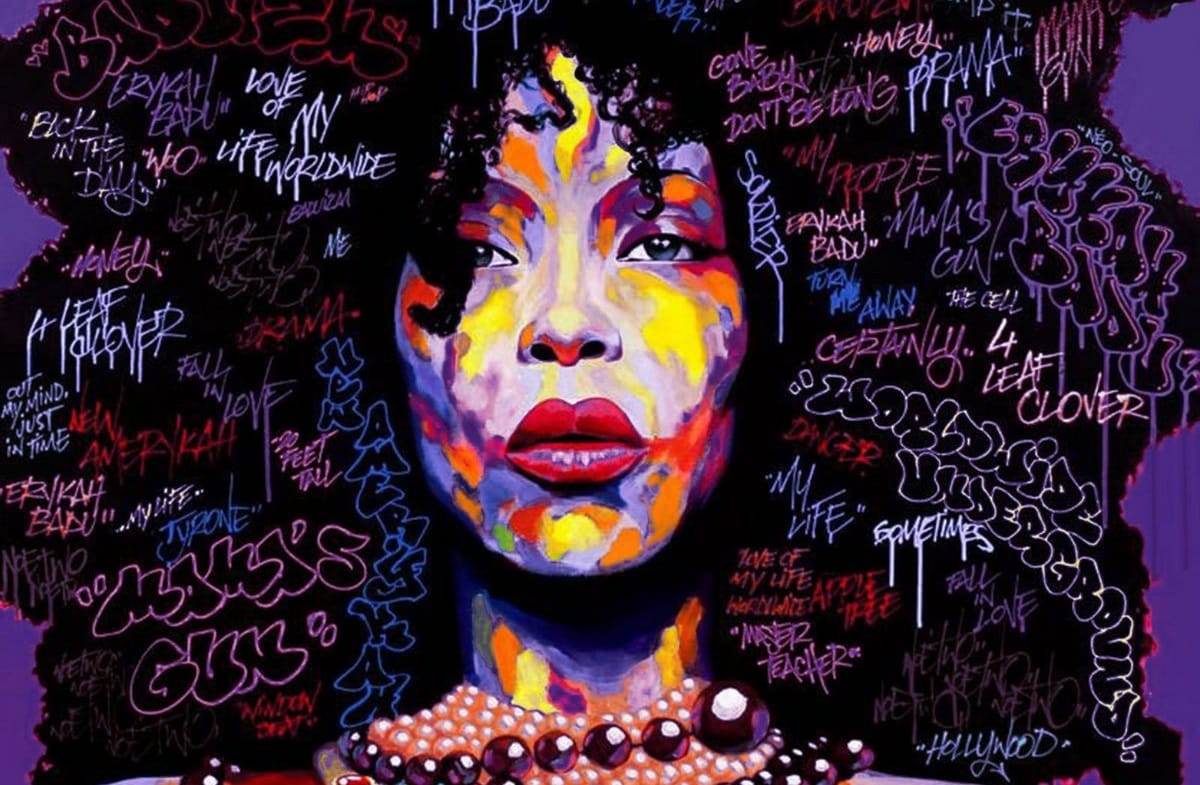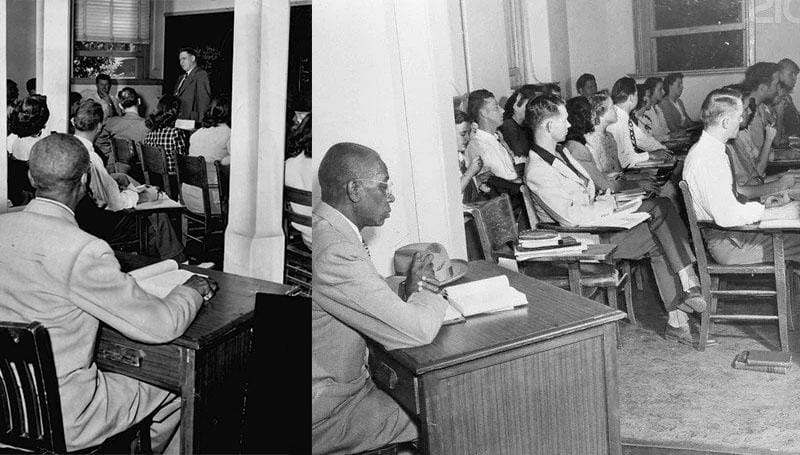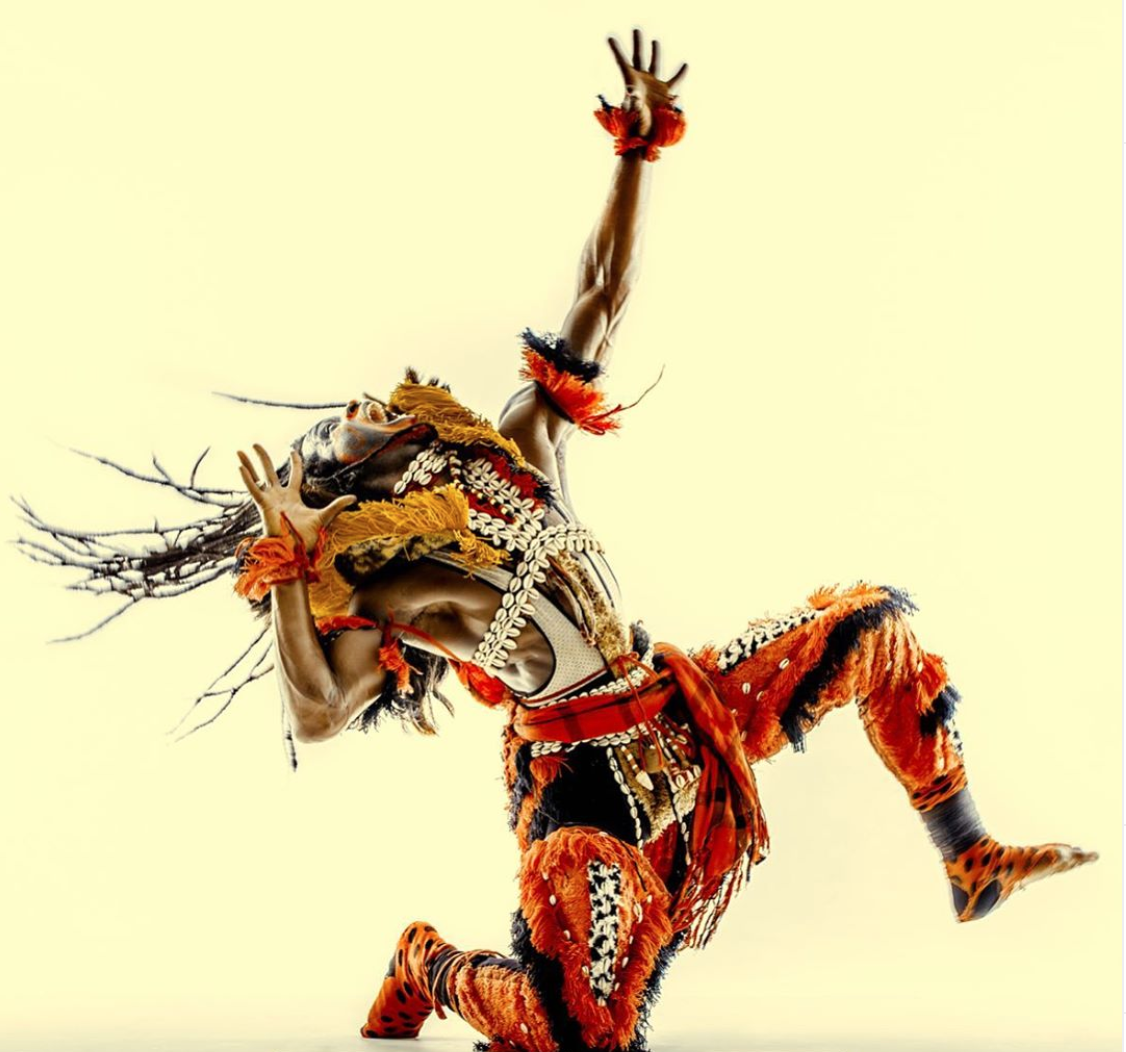The Afrocentric paradigm is a revolutionary shift in thinking proposed as a contractual adjustment to black disorientation, decenteredness, and lack of agency. The Afrocentric asks the question, “What would African people do if there were no white people?” In other words, what natural responses would occur in the relationships, attitudes toward the environment, kinship patterns, preferences for colors, type of religion, and historical referent points for African people if there had not been any intervention of colonialism or enslavement? Afrocentricity answers this question by asserting the central role of the African subject within the context of African history, thereby removing Europe from the center of the African reality.
In this way, Afrocentricity becomes a revolutionary idea because it studies ideas, concepts, events, personalities, and political and economic processes from a standpoint of black people as subjects and not as objects, basing all knowledge on the authentic interrogation of location.
So that it becomes legitimate to ask, “Where is the sistah coming from?” or “Where is the brotha at?” “Are you down with overcoming oppression?” These are assessment and evaluative questions that allow the interrogator to accurately pinpoint the responder’s location, whether it be a cultural or psychological location. As a paradigm Afrocentricity enthrones the centrality of the African, that is, black ideals and values, as expressed in the highest forms of African culture, and activates consciousness as a functional aspect of any revolutionary approach to phenomena. The cognitive and structural aspects of a paradigm are incomplete without the functional aspect. There is something more than knowing in the Afrocentric sense; there is also doing. Afrocentricity holds that all definitions are autobiographical.
Dr. Molefi Kete Asante




